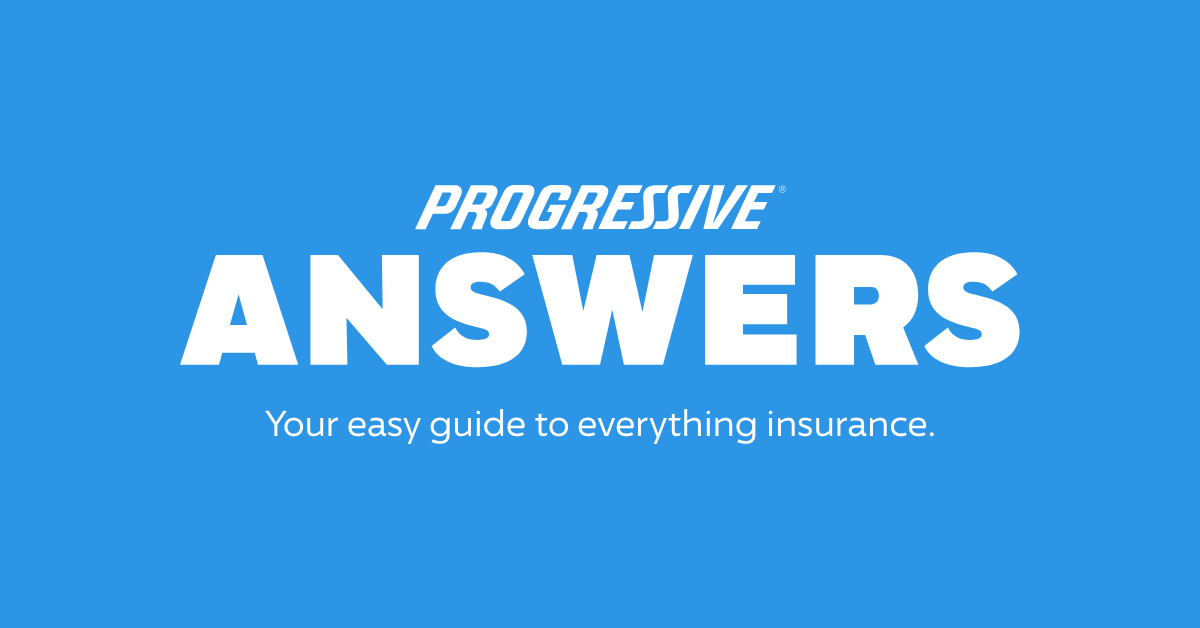Indexed universal life insurance combines a death benefit with a cash value component that builds based on a market index. Learn more.
Indexed universal life (IUL) insurance is permanent, which means it lasts your entire life and builds cash value. An IUL policy allows for some cash value growth through an equity index account, unlike other universal policies that only grow cash value through non-equity earned rates. Like with all universal life policies, once you've built up enough cash value, you can use it to lower or potentially fully pay for your premium without lowering your death benefit.
As a type of permanent life insurance, indexed universal life insurance works similarly to universal life policies, except in the way they build cash value. IUL cash value allows for growth based on a stock index (a set grouping of various stocks) instead of only through non-equity earned rates. Like universal life, IUL offers the flexibility to adjust your premium as the cash value grows, with the potential to eventually achieve a zero-cost policy in which all premiums are paid for by your built-up cash value.
IUL policies allow you to grow your cash value by putting a portion toward an equity index account like the S&P 500 or NASDAQ. Rather than only relying on non-equity earned rates, an equity index account grows based on the index of an entire market or market sector. The interest rate will still be variable, like with other universal life policies. And as with all universal life policies, your IUL cash value will have a minimum interest rate that it will always earn, regardless of market performance. Your IUL may also have an interest rate cap.
Keep in mind that higher premium costs and potential fees make IUL policies more expensive than other types of life insurance. If you're considering buying an indexed universal life policy, first speak with a financial advisor who can explain the nuances and give you an accurate picture of the actual potential of an IUL policy. Make sure you understand how the insurer will calculate your interest rate, earnings cap, and fees that might be a-sessed.
Term life insurance offers a simpler and more affordable way to make sure your loved ones are financially protected if you die while the policy is active. Unlike IUL insurance, which lasts your entire lifetime if you pay your premiums, term life insurance remains in effect for a set term, typically 10, 15, 20, or 30 years. If you die while the policy is active, your beneficiaries can make a claim for your death benefit, and there are no interest rates or higher premiums to worry about.
/200275051-001-5bfc2b8b46e0fb0083c07b92.jpg)



/GettyImages-1005014082-9bc5937167a54ad0b546762d6de89ace.jpg)
/GettyImages-1146740420-21eeb8f702084870b4b99a3225f0961f.jpg)

/shutterstock_247275964-5bfc36024cedfd0026c30945.jpg)
/101405194-5bfc2b8c46e0fb0051bddfc9.jpg)















